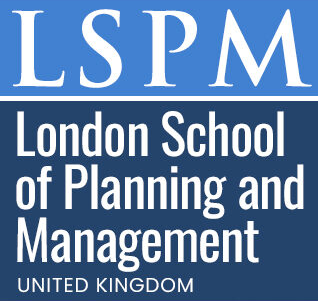Professional Certificate in Energy Economics Crisis Communication
-- viewing nowThe Professional Certificate in Energy Economics Crisis Communication is a timely and crucial course that equips learners with the skills to navigate the complex world of energy economics and communicate effectively during crises. This program is essential for professionals in the energy sector, where clear and informed communication can significantly impact an organization's reputation and success.
4,662+
Students enrolled
GBP £ 149
GBP £ 215
Save 44% with our special offer
About this course
100% online
Learn from anywhere
Shareable certificate
Add to your LinkedIn profile
2 months to complete
at 2-3 hours a week
Start anytime
No waiting period
Course details
• Introduction to Energy Economics: Understanding the fundamentals of energy economics, including supply and demand, market dynamics, and pricing mechanisms.
• Crisis Communication Principles: Learning the basic principles of effective crisis communication, including message development, delivery, and evaluation.
• Energy Market Disruptions: Examining the causes and consequences of energy market disruptions, including natural disasters, geopolitical events, and technological changes.
• Regulatory Environment: Understanding the regulatory environment governing energy markets, including laws, regulations, and policies at the local, national, and international levels.
• Stakeholder Engagement: Learning strategies for engaging with key stakeholders during a crisis, including the media, customers, investors, and government regulators.
• Risk Management: Developing risk management strategies to prevent and mitigate energy market disruptions and their impact on communication strategies.
• Scenario Planning: Practicing scenario planning to anticipate potential crises and develop effective communication strategies in advance.
• Case Studies in Energy Crisis Communication: Analyzing real-world case studies of energy crisis communication, including the 2010 Deepwater Horizon oil spill and the 2021 Texas power crisis.
• Ethical Considerations: Exploring ethical considerations in energy crisis communication, including transparency, accountability, and social responsibility.
• Crisis Communication Evaluation: Learning techniques for evaluating the effectiveness of crisis communication strategies, including metrics, feedback mechanisms, and continuous improvement.
Career path
Entry requirements
- Basic understanding of the subject matter
- Proficiency in English language
- Computer and internet access
- Basic computer skills
- Dedication to complete the course
No prior formal qualifications required. Course designed for accessibility.
Course status
This course provides practical knowledge and skills for professional development. It is:
- Not accredited by a recognized body
- Not regulated by an authorized institution
- Complementary to formal qualifications
You'll receive a certificate of completion upon successfully finishing the course.
Why people choose us for their career
Loading reviews...
Frequently Asked Questions
Course fee
- 3-4 hours per week
- Early certificate delivery
- Open enrollment - start anytime
- 2-3 hours per week
- Regular certificate delivery
- Open enrollment - start anytime
- Full course access
- Digital certificate
- Course materials
Get course information
Earn a career certificate

